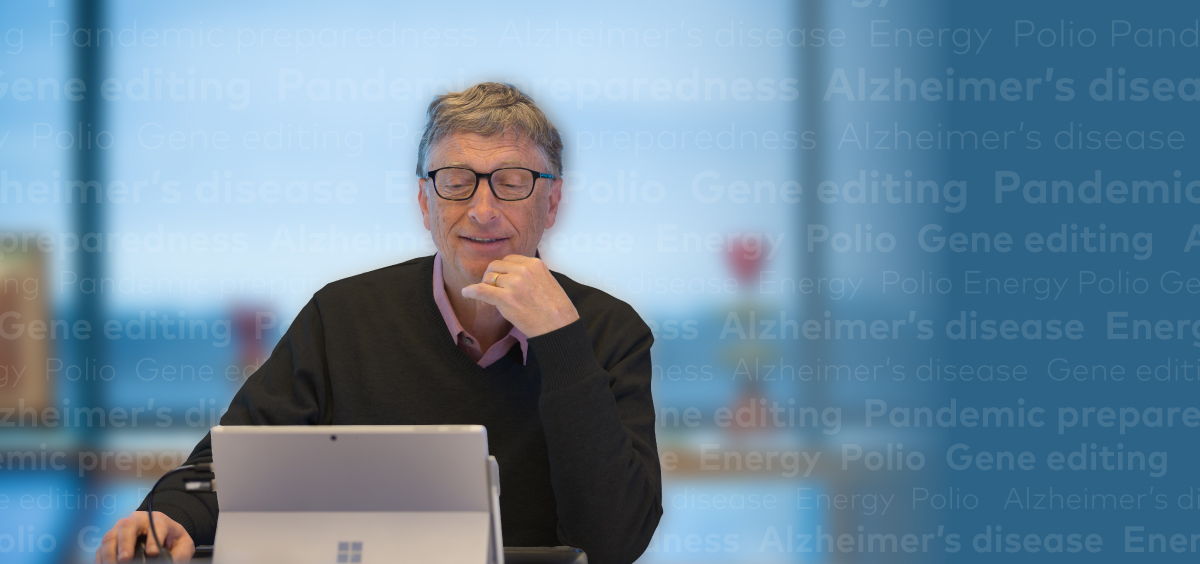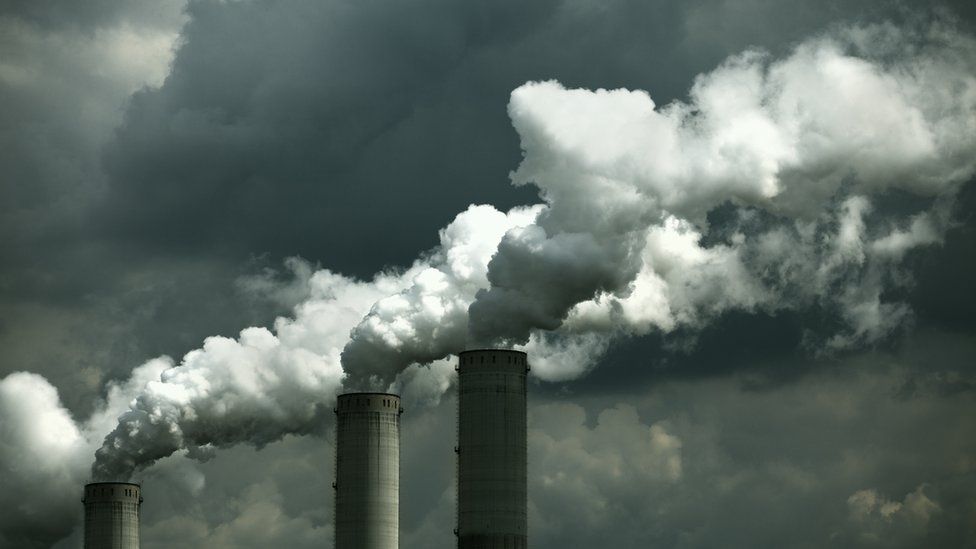Solving Covid easy compared with climate – Bill Gates
- Posted on
- Comment

Fifty-one billion and zero – the two numbers Bill Gates says you need to know about climate.
Solving climate change would be “the most amazing thing humanity has ever done”, says the billionaire founder of Microsoft.
By comparison, ending the pandemic is “very, very easy”, he claims.
Mr Gates’s new book, How to Avoid a Climate Disaster, is a guide to tackling global warming.
Don’t underestimate the scale of the challenge, he told me when we spoke last week.
“We’ve never made a transition like we’re talking about doing in the next 30 years. There is no precedent for this.”
Fifty-one billion is how many tonnes of greenhouse gases the world typically adds to the atmosphere each year.
Net zero is where we need to get to.
This means cutting emissions to a level where any remaining greenhouse gas releases are balanced out by absorbing an equivalent amount from the atmosphere. One way to do this is by planting trees, which soak up CO2 through their leaves.
Mr Gates’ focus is on how technology can help us make that journey.
Renewable sources like wind and solar can help us decarbonise electricity but, as Mr Gates points out, that’s less than 30% of total emissions.
We are also going to have to decarbonise the other 70% of the world economy – steel, cement, transport systems, fertiliser production and much, much more.
We simply don’t have ways of doing that at the moment for many of these sectors.
‘Governments must lead’
The answer, says Mr Gates, will be an innovation effort on a scale the world has never seen before.
This has to start with governments, he argues.
At the moment, the economic system doesn’t price in the real cost of using fossil fuels.

Most users don’t pay anything for the damage to the environment done by pollution from the petrol in their car or the coal or gas that created the electricity in their home.
“Right now, you don’t see the pain you’re causing as you emit carbon dioxide,” is how Mr Gates puts it.
That’s why he says governments have to intervene.
“We need to have price signals to tell the private sector that we want green products,” he says.
That is going to require a huge investment by governments in research and development, Mr Gates argues, as well as support to allow the market for new products and technologies to grow, thereby helping drive down prices.
Yet Mr Gates was famous for arguing that regulation stifled innovation when he was building Microsoft into the multi-billion-dollar behemoth it is now.
So isn’t it a bit rich for him now to demand government intervention?
He replies he has always supported “the basic role of government in terms of roads and justice and education and scientific research”.
And, on the climate issue, he maintains it will be impossible to avoid a disaster, particularly for those who live near the equator, without governments around the world getting behind the effort.
The Republican Party in America needs to recognise the importance of tackling climate change, says Mr Gates.
This needs to be a “constant 30-year push”, he maintains. “Business just can’t change all that physical infrastructure unless the market signals are constant and very clear.”
-BBC










 (Selorm) |
(Selorm) |  (Nana Kwesi)
(Nana Kwesi)